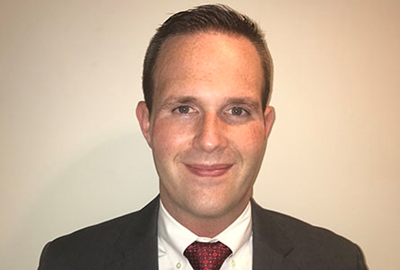Pay Attention
One of the initial key steps to active listening is paying attention to your audit client. When first sitting down with the client, set a comfortable tone that gives him or her an opportunity to think and speak. If clients feel as if they are being interrogated, the auditor is more likely to get yes or no answers versus the insightful response that you would get in a casual conversation. To that point, allow "wait time" before responding and do not cut clients off, finish their sentences, or start formulating your answer before they have finished.
You also should pay attention to your body language as well as your frame of mind when engaging in active listening. Be focused on the moment and operate from a place of respect as the listener. If your mind is on the next meeting or a different deliverable, you will not be able to truly absorb what the client is saying.
Withhold Judgment
Active listening requires an auditor to reserve judgment. If you are performing a walk-through and the expert on that process states that it has a segregation of duties issue, make note of the issue and discuss it once the expert has concluded walking through the process. If you interject and let the expert know that is an issue, it may result in the expert moving to a defensive posture where there is not a constructive dialogue.
Reflect
While providing your undivided attention and reserving judgment as the expert speaks, it is important to reflect during the conversation to affirm and demonstrate your understanding to the expert. An example is when the expert makes a statement such as, "We are following our controls; however, we are still encountering problems that our controls don't address." In response, the auditor might paraphrase what the expert said as, "So, it seems like the controls might not be addressing all the related risks." Paraphrasing is an effective tool that helps to ensure that you and the expert are on the same page at the end of the meeting.
Clarify
Similar to reflecting, if the auditor does not grasp the content being discussed by the process expert, it is important to clarify before proceeding. If you do not understand the process, you will not be able to effectively identify the related risks. Ask the expert to either reiterate or rephrase the statement so you can better understand it. It also helps to ask the expert how that step ties into the overall process to get a better holistic understanding of the process.
Summarize
At the end of the meeting or walk-through, it is vital to summarize the key elements of the conversation. Often for auditors, this will include summarizing the key risks and controls identified during the conversation. Summarizing will potentially avoid misunderstandings while developing the audit plan.
Share
As you hone your listening skills, you can incorporate sharing into your active listening skills. Experts inherently understand their processes in great detail, but if they are unfamiliar with the audit process, they sometimes can struggle with identifying key risks and controls. By sharing both a fundamental knowledge of auditing and how to view the client's processes through a risk lens, the auditor can garner a mutually beneficial relationship with the expert. This relationship enables the expert to better address the functional area's risk and helps the auditor ensure there is a stronger control environment at the organization.
Many auditors may already be effectively practicing these six active listening skills to a certain extent; however, there is always room for improvement. Effective mastery of active listening will further aid you to come into audits with the skills to listen and identity what matters so you can be an effective auditor at your organization.
Alex Rusate, CIA, CRMA, CCSA, CPA, is a senior internal auditor at New York Independent System Operator in Rensselaer, N.Y.



